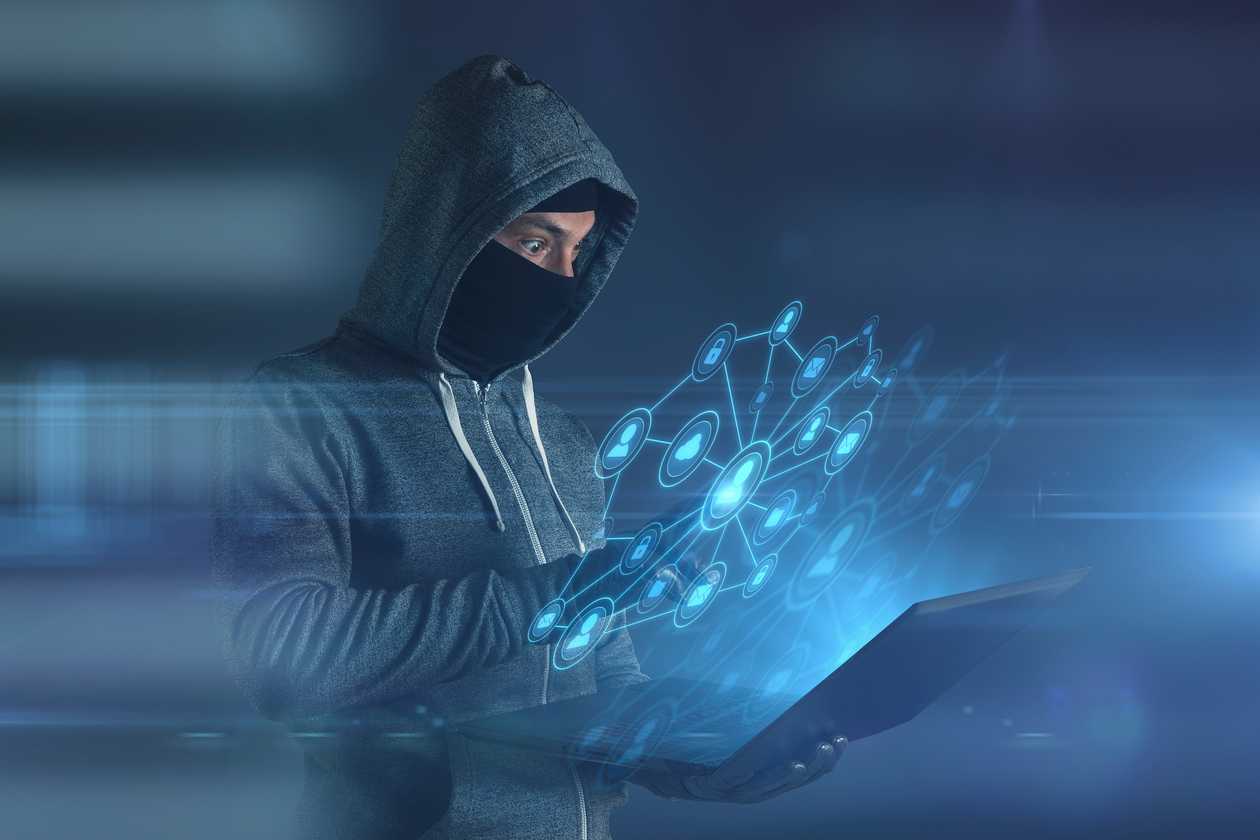
What are the types of crypto scams and how to avoid them?
As a lawyer specializing in blockchain technology, I very often come across various inquiries from clients regarding crypto fraud. These are online crimes that most legal entities fall into due to ignorance, naivety, or based on a get-rich-quick motive and/or misunderstanding of an investment in blockchain tools. Knowing the psychology of their victims, criminals with fraudulent goals always find new ways to steal your money by tricking you into "cryptocurrency deals". To protect yourself from this type of fraud, you need to be well-informed about the main mechanisms by which crypto fraud is carried out and carefully research the other side of the "deal" - here's how:
1. Usually, crypto transactions are carried out between two blockchain wallets - yours and the other party's by exchanging the so-called "public keys", i.e. the passwords of the two wallets, which lead to their individualization by third parties. Never share your crypto wallet private key with anyone , it should be kept by you and only you. No legitimate crypto business will want you to transfer fiat (real) money to a bank account to "turn" it into crypto and invest the crypto for "interest" - that's a scam. Investing in crypto interest is called "stake", but there is no exchange of real money in this process. The transaction is always entered into with a specific crypto or by purchasing tokens of a given project. This is usually the cryptocurrency of the project that offers you a "steak" (freezing your investment to earn interest through so-called DeFi protocols). You buy this cryptocurrency/token through a given exchange (crypto exchange) and only then invest it in a given project. If things don't work as described - stop, immediately contact a blockchain lawyer and the prosecutor's office, "Computer Crimes" sector at the GDBOP and/or Interpol. You are being scammed!